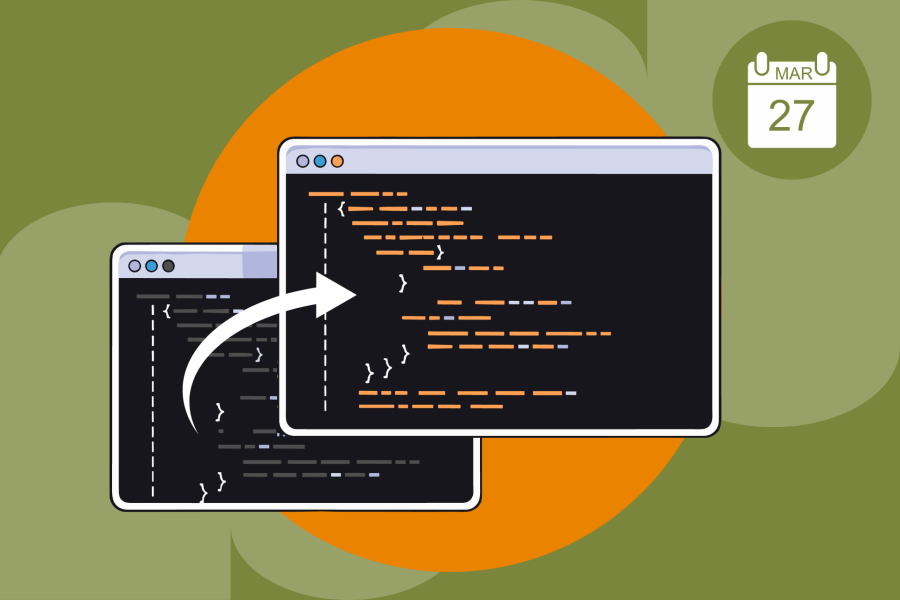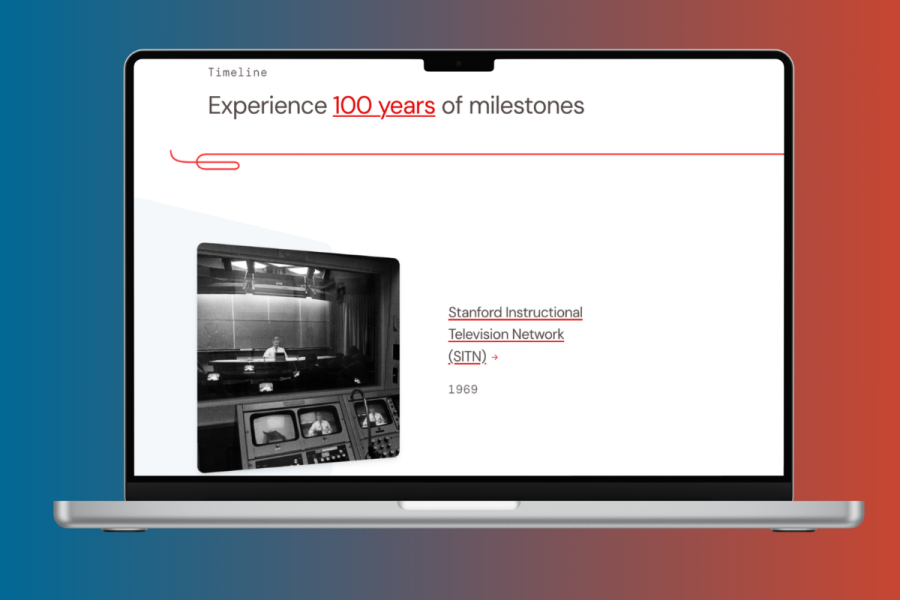I’m ready for Apple Silicon. Is Apple Silicon ready for me?

This summer, Apple announced its plans to produce its own processors called Apple Silicon, ushering in the first Apple chip for Macs. They became available this month and are being purchased at Stanford and beyond.
By transitioning away from Intel-based processors, Apple’s goal is to deliver improved performance, power efficiency, capability and agility with future products. Apple mobile devices like iPhones and iPads have used Apple processors since their origin, but Apple Silicon is the first Apple-designed processor for Macs.
While Apple will continue to support Intel-based Macs for years to come, your next new MacBook Air, MacBook Pro, or Mac mini may have Apple Silicon with its built-in M1 chip.
How does this affect my current Mac?
This change in processor, or CPU, requires software to be modified, resulting in some compatibility issues. There is currently limited Stanford application compatibility with Apple Silicon-based Macs, and compliance systems are not yet compatible.
Applications built for Intel-based hardware won't run natively on Apple Silicon. In response, Apple offers Rosetta 2, which converts applications to be compatible. This conversion isn't perfect though, visit this University IT (UIT) webpage to learn more and stay updated about software and compliance compatibility.
Temporary compliance exceptions will be granted, as needed, for Apple Silicon devices until compliance systems update for compatibility.
When I order a new Mac, should it be Apple Silicon?
If you’re in the market for a new Mac, Apple Silicon processors are a great choice with some considerations:
- Stanford’s compliance tools are not yet compatible with the Apple Silicon Macs. Updates will arrive in late January 2021.
- Apple Silicon machines only run macOS Big Sur and are not yet compatible with Oracle Financials applications that use Java. (Users may see a “Java Application not supported” error while opening Oracle Forms.)
- Running Windows or Linux virtually on Apple Silicon hardware is not currently supported.
- Storage options do not exceed 2TB, which is a limiting factor for only a small percentage of our Stanford community.
Please consult with your local IT department before purchasing an Apple Silicon Mac to ensure one of these machines would meet your Stanford computing needs.
DISCLAIMER: UIT News is accurate on the publication date. We do not update information in past news items. We do make every effort to keep our service information pages up-to-date. Please search our service pages at uit.stanford.edu/search.
What to read next:

Migrate to Stanford GitLab's New Container Registry By March 27

Coming Soon: A New Login for Your Stanford University Microsoft Account

